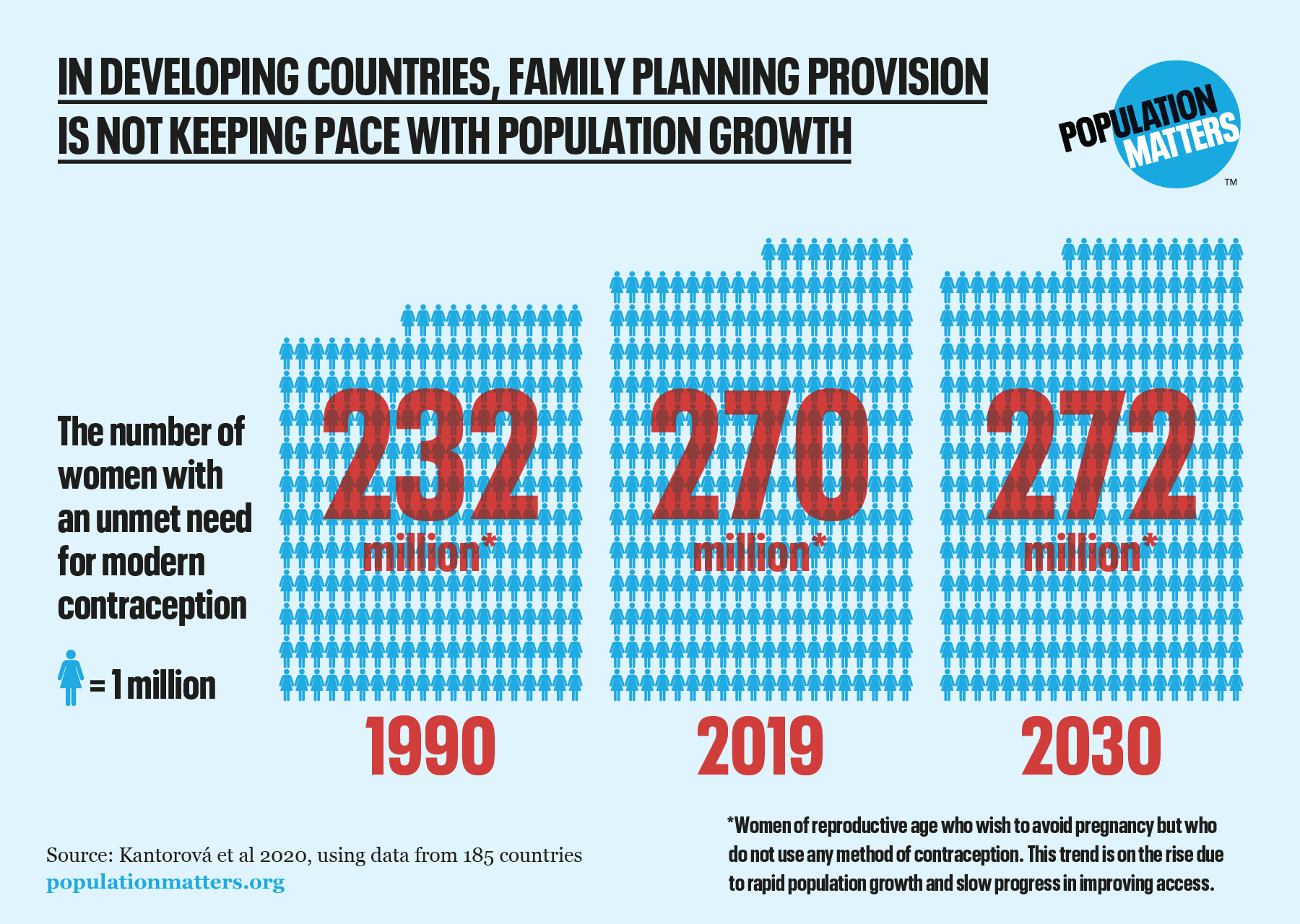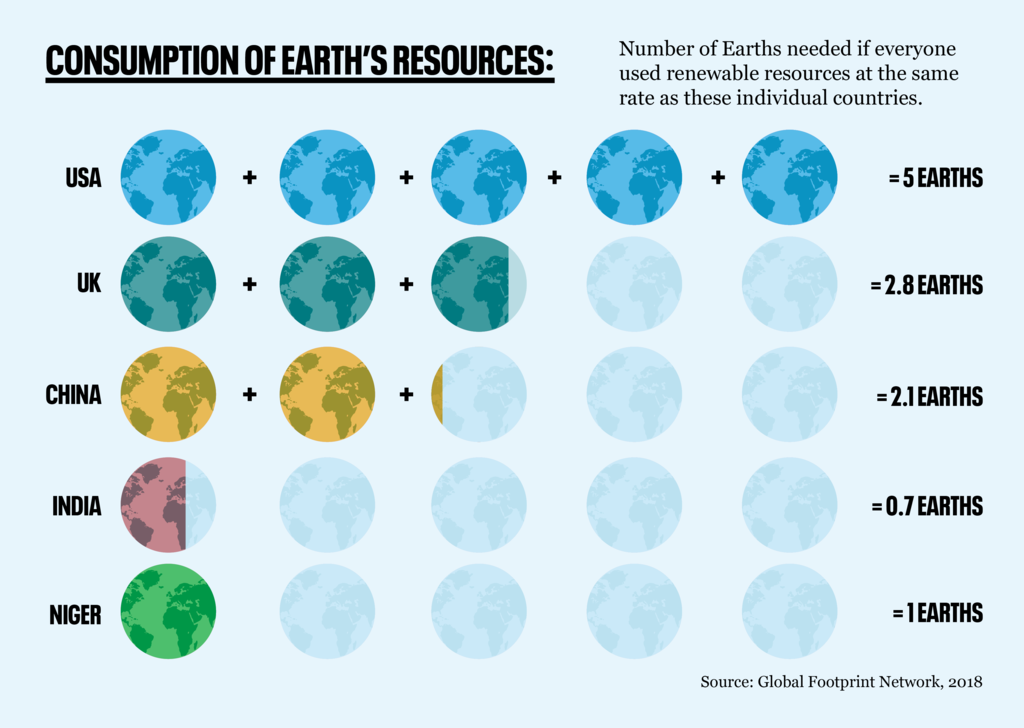
New report: transform economy to save nature
Our economic and financial system is driving biodiversity loss and requires massive changes, according to a major new UK-government report, authored by economist and Population Matters patron, Prof Sir Partha Dasgupta. Addressing population growth through much greater support for family planning is one of the key solutions proposed.
His report has been widely welcomed by major scientific and conservation bodies across the world, and the UK Government has promised to examine and respond to its recommendations.
“At their core, the problems we face today are no different from those our ancestors faced: how to find a balance between what humanity takes from Nature and what we leave behind for our descendants.
While our ancestors were incapable of affecting the Earth system as a whole, we are doing just that.”
The Economics of Biodiversity: the Dasgupta Review was commissioned by the UK Treasury (ministry of finance) in 2019. The landmark, 500-page review was released on Monday, accompanied by videos from the UK Prime Minister and Sir David Attenborough, another patron of Population Matters. It details how a focus on growth and profit which ignores and fails to account for environmental impacts has increased human prosperity, but devastated nature.
The report calls for a deeper understanding among economists, the financial community, policymakers and the public of the total dependence of economic activity on the environment, and for an urgent realignment of structures and priorities to ensure our production, consumption and systems stop destroying nature and start protecting it.
The problem
The report is clear about the situation we face, and how the risks are not equally distributed.
“Many ecosystems, from tropical forests to coral reefs, have already been degraded beyond repair, or are at imminent risk of ‘tipping points’. These tipping points could have catastrophic consequences for our economies and well-being; and it is costly and difficult, if not impossible, to coax an ecosystem back to health once it has tipped into a new state.
Low income countries, whose economies are more reliant than high income countries on Nature’s goods and services from within their own borders, stand to lose the most.”
Sir Partha details how the environmental impacts of economic activity are very rarely factored into the financial cost so that the prices of goods and services don’t reflect their impacts.
A key example of this is the intensification of food production – it is the leading driver of biodiversity loss but the consequences of habitat destruction, pollution and resource extraction arising from it are costs that aren’t included in its price. As a consequence, the relative cheapness of food encourages high levels of consumption and waste, reinforcing the destructive cycle.

Above and beyond the negative impact of current market forces, the review identifies “deep-rooted, widespread institutional failure”. Noting that conservative estimates put the level of government subsidies internationally that damage nature at more than $6 trillion, it states:
“Governments almost everywhere exacerbate the problem by paying people more to exploit Nature than to protect it, and to prioritise unsustainable economic activities.”
The review challenges the way in which economic success is measured, both in crude terms of growth and specifically in Gross Domestic Product (GDP), which measures only economic output, but doesn’t account for whether the fundamental “assets” underpinning it – including nature – are strong. Because of this, rising GDP conveys a sense of progress and confidence, even when the thing it depends on, the environment in which we live, is being degraded to the point where it can no longer sustain us.
The solutions
The report calls for “transformative change, underpinned by levels of ambition, coordination and political will akin to, or even greater than, those of the Marshall Plan [the massive investment that rebuilt Europe after the devastation of the Second World War]”. It identifies three key areas.
Easing the pressure
First are measures to reduce our demands on nature, and find ways to make it more resilient and able to supply our needs. These include shifts in our diets, technological solutions, and taxation and pricing policies which ensure more sustainable consumption.
It also means addressing population. While other reviews have identified population as a driver of environmental problems, few highlight it clearly and include proposals for action to identify it. The Dasgupta Review confidently and positively addresses the issue.
“Growing human populations have significant implications for our demands on Nature, including for future patterns of global consumption.”
The review highlights the huge, positive impact of family planning, but notes that hundreds of millions of women have an unmet need for family planning, while it is grossly underfunded.

Recognising real wealth
Secondly, it calls for measures of economic success which recognise the value of nature and, fundamentally, include its status and wellbeing in our measures of “wealth”. This means that GDP is no longer fit for purpose and should be replaced as the main indicator of economic health..

Changing systems
Lastly, the report calls for new international institutions and agreements which will use economic means to protect nature. Those include providing mechanisms so that nations can receive payments to protect domestic ecosystems of value to the rest of the world, such as rainforests, and for charging for the use of (and harm to) international assets such as oceans. It also calls for areas to be “protected” from economic activity, in order to give nature an opportunity to recover and flourish.
A key further recommendation is to embed values which drive social change. Sir Partha calls for education which centres on helping people everywhere understand the value of nature and feel connected to it.
Transformation
The Dasgupta Review joins all recent, authoritative and high-profile reviews of our environmental crisis in calling for transformative change in our attitudes, behaviour and systems.
The approach of “pricing” nature has critics who believe that commodifying nature sustains the mindset that brought us to our current crisis, and some believe still more profound societal changes are needed than those proposed in the review.
However, its key audience is policymakers, in the UK and globally. While the environment has a higher political profile than ever before, action is still insufficient, and policymakers have not yet grasped the need for transformational change. In talking their language, the Dasgupta Review makes the case for change even harder to resist.
